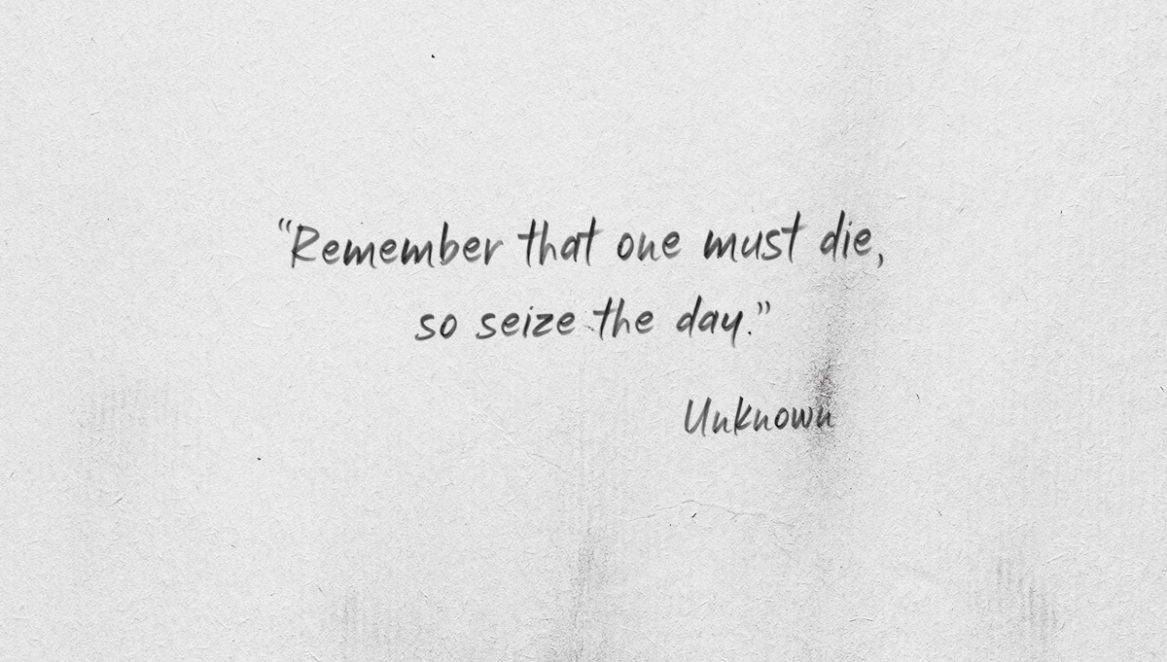
“Once a man has died, and the dust has soaked up his blood, there is no resurrection.” Aeschylus
The ancient Greeks had a strong sense of death, knowing its impartial shadow eventually covers everyone. Any desire on their part for immortality was best realized by living a life worth remembering. Fame was the only way to achieve eternal life, and if we examine the highest values of our culture today, not much has changed.
The idea that Jesus Christ actually rose from the dead challenges this way of thinking. New Testament theologian N.T. Wright echoes Paul’s first letter to the Corinthian church by explaining why Jesus’ crucifixion and revival from the dead were just as hard to accept then as they are now. “Resurrection in the flesh appeared a startling, distasteful idea, at odds with everything that passed for wisdom among the educated.” (The Resurrection of the Son of God).
The finality of death is something we don’t like to acknowledge. Something that was inescapable just one hundred years ago is increasingly pushed into the background today. To fight this, a friend of mine and I engage in a call and response: Momento mori. Carpe diem. At any time of day, if one of us texts the first half, the other must finish it. It’s translation? “Remember that one must die, so seize the day.” This phrase was used by Medieval Christians to focus on their own mortality and not get caught up in vain pursuits.
We all love the idea of carpe diem, but momento mori? Not so much. We have so many things designed to extend our lives: modern medicine, technology, kale. Add that to an endless assembly line of entertainment, experiences, and adventure, we’re almost fooled into thinking death has forgotten us—until it so rudely intrudes.
With penetrating insight, Carl Jung said, “Death is indeed a fearful piece of brutality: there is no sense pretending otherwise. It is brutal not only as a physical event, but far more so psychically: a human being is torn away from us, and what remains is the icy stillness of death. There no longer exists any hope of a relationship, for all the bridges have been smashed at one blow.” If we’ve ever loved someone that’s no longer with us, we know what Carl Jung said is true.
However, this all changed when Death tried to trap Life itself on a Friday morning over 2,000 years ago.
“Because God’s children are human beings—made of flesh and blood—the Son also became flesh and blood. For only as a human being could He die, and only by dying could He break the power of the devil, who had the power of death. Only in this way could He set free all who have lived their lives as slaves to the fear of dying.” Hebrews 2:14-15
That is why we call it Good Friday.
We invite you to join us for our Easter service at 11A at our Riordan Campus (175 Frida Kahlo Way).




Leave a Reply
You must be logged in to post a comment.